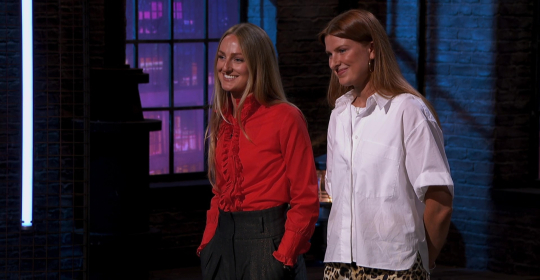Many have suffered greatly due to the necessary restrictions put in place to keep people safe. From businesses having to shut their doors for prolonged periods, to severe delays in supply chains, to travel bans, a host of sectors have been negatively affected by the pandemic. Others, however, have boomed as a direct result of it. Covid-19 has led to certain sectors being hugely in demand, with the WaveTrackR Recruitment Trends: Lockdown Report flagging up Property as the industry receiving the greatest number of applications and posting the second highest percentage of jobs in 2020. The graph detailing jobs vs applications clearly illustrates the different impacts felt by industries and Property, as well as IT & Internet, stands out for its soaring figures.
Property saw an enormous influx of applications in 2020 but also recorded healthy job postings. The industry benefited from a housing boom when the market reopened in May thanks to a surge of people wanting to move to greener spaces, an increase in remote working allowing this, and the stamp duty holiday. We investigate the reasons behind the boom and discuss whether it is likely to continue or if a slump is imminent.
The Property market didn’t boom from the start of the pandemic, instead stalling in the first lockdown when restrictions meant it was forced to close. However, following the reopening of the market in mid-May, Property became one of the few industries to boom. Many - including banks and estate agents - predicted house prices would plummet but the reverse happened. Halifax revealed that by the end of 2020, the average price of property had climbed 8.5% - the greatest rise since October 2014 and the first time in modern history property prices have risen during a recession. Although the first two months of 2021 have slowed in pace, property values in February were still 5.2% above February 2020 values.
A combination of factors led to a property boom amidst a recession. Pent-up demand following the curtailment of all activity from the start of the first lockdown towards the end of March to mid-May meant that there was an explosion of activity when the market was permitted to reopen. The stamp duty holiday, initially due to end in March and now extended to the end of June, fuelled a surge of activity towards the end of the year as buyers across the UK attempted to save thousands of pounds. A pandemic-induced reassessment of lifestyle choices also impacted house prices. As lockdown impinged on our ability to travel to green spaces, a desire built to live near them and to own a garden. Working from home, schooling from home and restrictions meaning generally spending more time in our homes has driven a similar desire for more indoor space.
According to Halifax, the average price of a detached property rose 10% in December 2020 compared to December 2019, whereas flat prices rose by just 3.19%. A shift to remote and hybrid working that allow a move to greener spaces and to areas where a larger property costs less than in the cities has also contributed. These factors together led to house prices soaring from May and lenders receiving more mortgage applications than any time since 2008. In terms of activity, this has been the best year for the property market for many years, which is reflected in the healthy jobs and applications stats recorded by WaveTrackR post-May.
Can this boom last into 2021 and beyond? The growing consensus is that prices may remain steady or even continue to rise until June but once the stamp duty holiday ends and employment support measures are reduced, property demand will fall. Savills, however, has recently forecast that house prices will rise steeply over the next five years, with a 4% growth in 2021 and a total growth by 2025 of 21.1%. They believe that the extensions to both the wage support schemes and the stamp duty holiday, coupled with economic recovery as restrictions are eased, will reduce risks and encourage continued movement in the market. Rightmove has published average house prices that indicate the strongest spring sellers’ market in the past decade, believing the cause to be the stamp duty holiday extension as well as the mortgage guarantee scheme, also announced in the Budget. Whatever the long-term future for the property market, it is likely to continue to be strong into the second half of the year at least, by which point the economy will also be starting to recover. 2021 is set to continue to be a good year for those in the property industry - and those recruiting in it.







